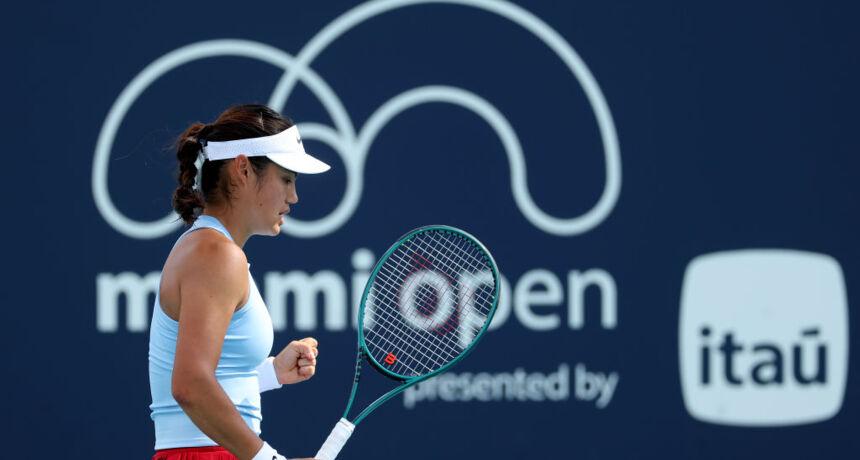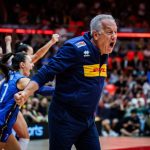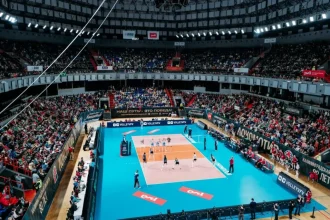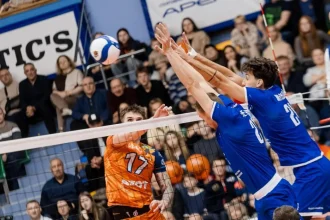Aryna Sabalenka said it best after her hard-fought 6–3, 7–6(3) victory over Amanda Anisimova in the 2025 US Open final: “I feel crazy. I wanna laugh, I wanna scream, I wanna cry at the same time.”
After a turbulent run in Grand Slam finals over the past year, Sabalenka’s emotions finally spilled out—not in frustration, but in triumph.
The match, which lasted 94 minutes at Arthur Ashe Stadium, marked Sabalenka’s second consecutive US Open title and her fifth major final in the past two seasons. But what made this one special wasn’t just the trophy—it was how she earned it.
Following tough losses to Coco Gauff in the 2023 US Open final and again at Roland Garros this June, and a painful defeat to Madison Keys at the Australian Open in January, Sabalenka recognized a recurring problem: emotional volatility on the biggest stage.
“Two finals where I completely lost control over my emotions,” she admitted to ESPN. “I just didn’t want this to happen again.” So this time, she made a conscious choice: stay in control.
That resolve was tested. She led by a set and a break before Anisimova, previously erratic, found her range and the corners of the court. A thunderous backhand winner from Anisimova broke Sabalenka’s serve and triggered a deafening response from the Ashe crowd—a familiar atmosphere that had, in the past, unraveled her.
Sabalenka shot a glare toward her team. Then, instead of unraveling, she regrouped—breaking Anisimova at love in the very next game.
Her composure was tested again while serving for the match at 5–4, 30–30. A missed overhead on a defensive lob gave Anisimova another chance, and the American broke back to level at 5–5.
“In that smash, I just let the doubt get into my head,” Sabalenka confessed. “I doubted where I should play it, for some reason.” But this time, doubt didn’t spiral. She took a breath and moved forward. “It happens. It’s in the past. Let’s focus on the next one.”
Sabalenka reset and took command in the tiebreak, leaning on her improved serve and measured aggression. The numbers told the story: just 13 winners but only 15 unforced errors—drastically improved from the 70 errors she made in her loss to Gauff in Paris.
“I was just trying to stay as low as possible and put that pressure back on her,” she said. “I knew it was going to be fast and aggressive.” The difference, Sabalenka later revealed, stemmed from a mental shift she had while on vacation in Greece earlier this year.
“In the past, I thought that once I got to the final, it meant I was going to win it. I didn’t expect players to come out and fight. That was a completely wrong mindset.” This time, she was ready for the fight—and she won it.
When Anisimova’s final return landed wide, Sabalenka collapsed on the court, overwhelmed. Her journey to this title had demanded more than physical excellence. It had required emotional evolution. “Because of the finals earlier this season, this one felt different,” she said. “I had to overcome a lot. I knew the hard work we put in. I deserved this Grand Slam title.”
And she’s not wrong. With a 57–10 record in 2025, three Grand Slam finals, one semifinal, and the No. 1 ranking firmly in her grip, Sabalenka has dominated the tour. Now, she finally has the major title to match. Asked by Sloane Stephens how she planned to celebrate, the newly crowned champion smiled.














